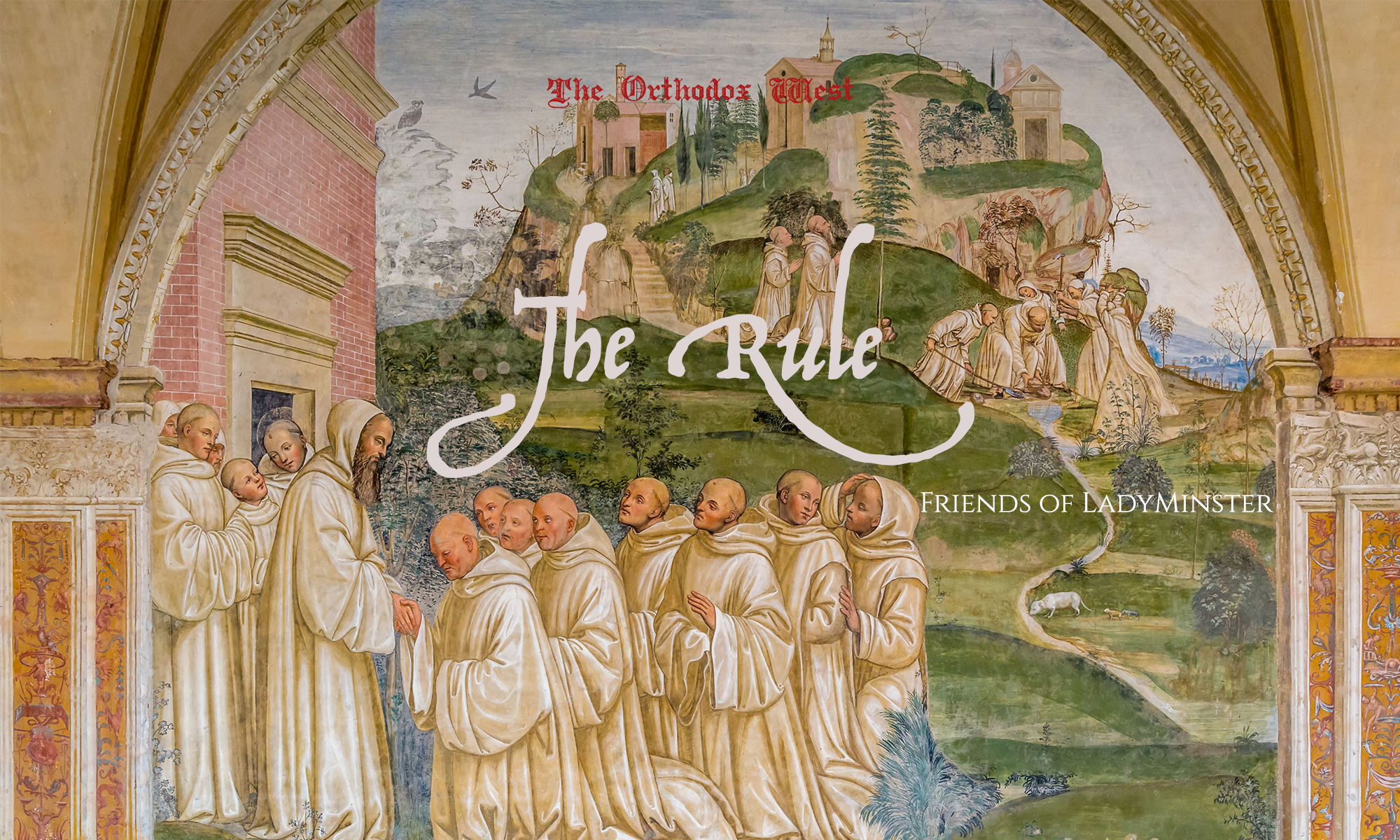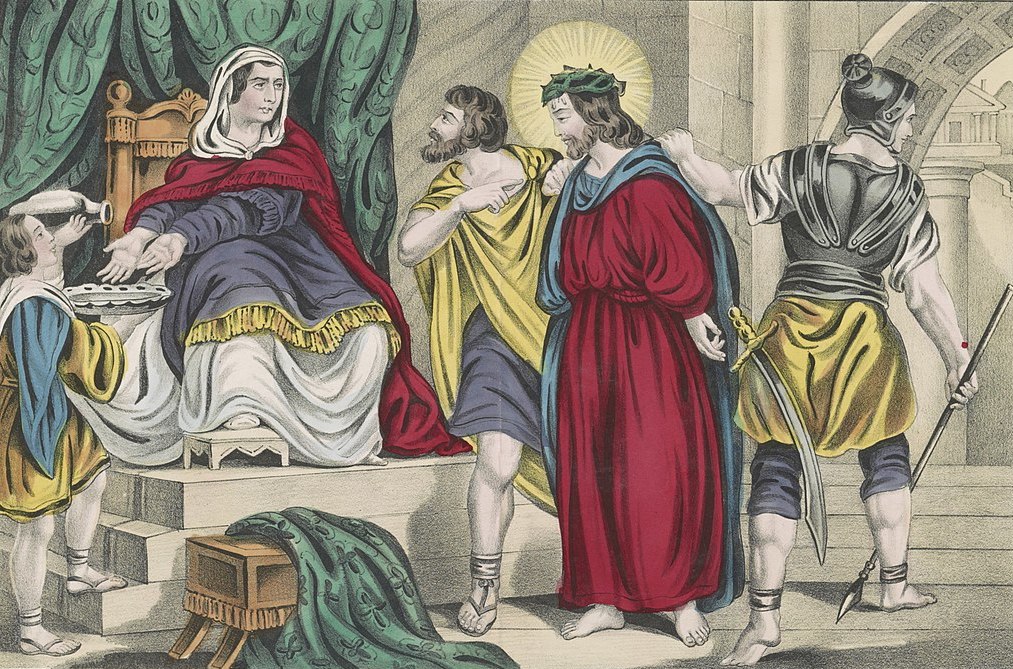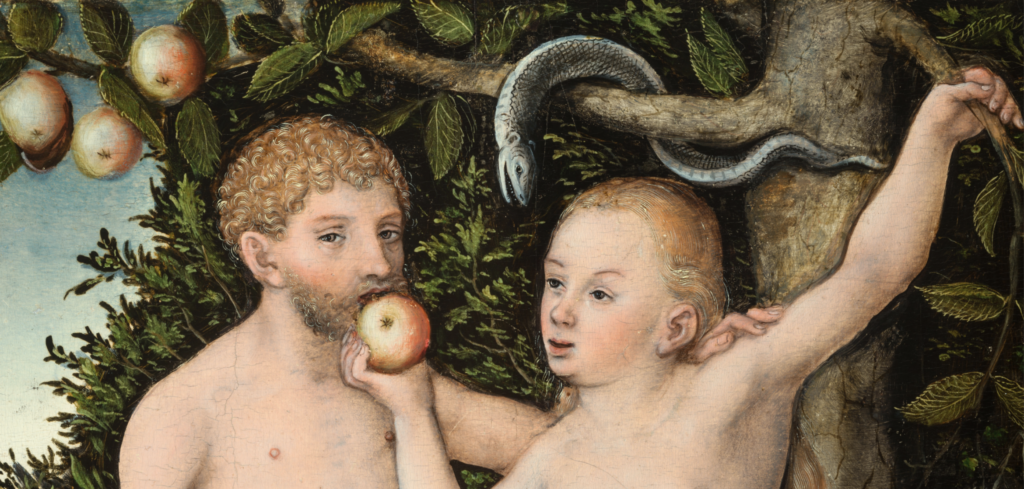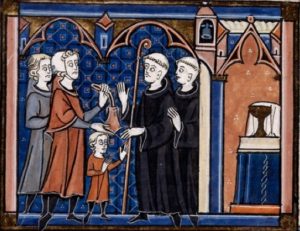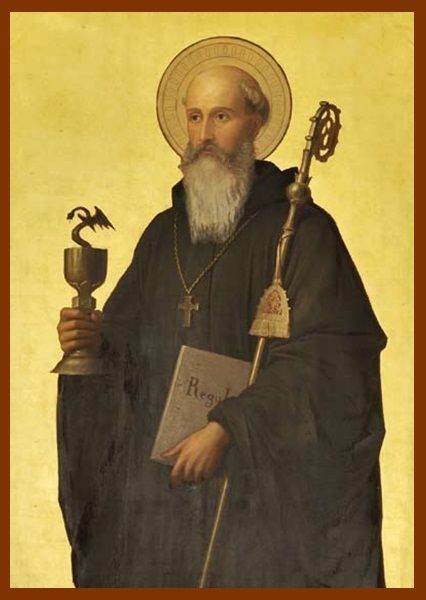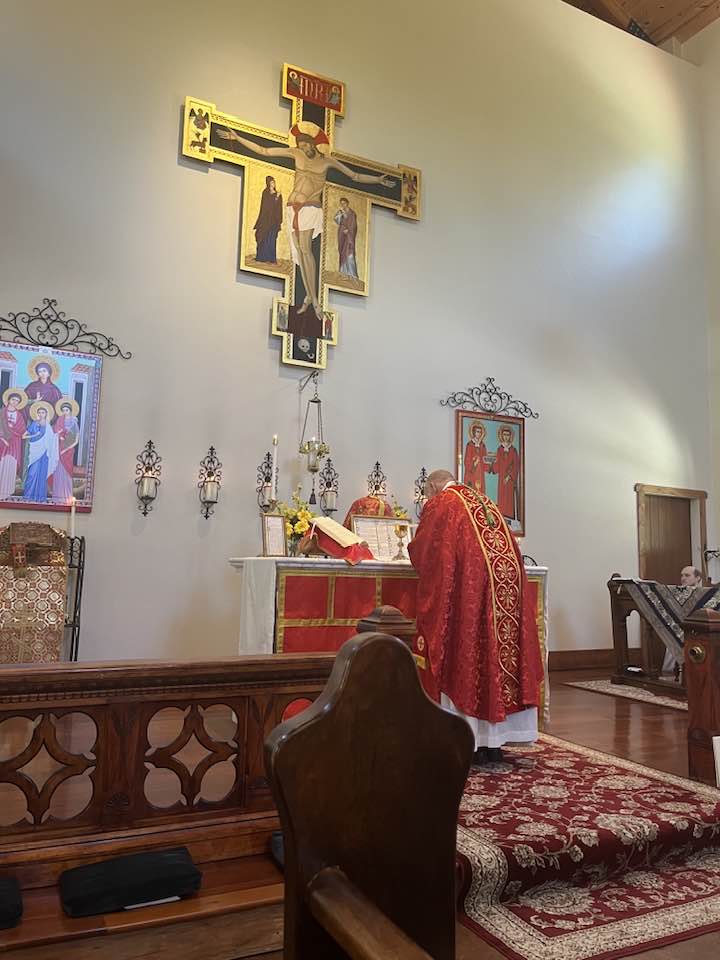
Several years ago, while visiting with the late Dom James Deschene of thrice-blessed memory, sometime Abbot of the Monastery of Christ the Savior (ROCOR), I was introduced to a prayer that caught my attention and which I copied down and brought back here to Ladyminster. I edited the original somewhat and added it to the intercessions that we pray after the Office of Sext on Thursdays. Recently, I edited it again to shorten and “tighten it up,” and we continue to pray it every Thursday.
Grant we beseech thee, O Lord Jesus Christ: that the witness and intercession of thy Saints Tikhon, Gorazd, and John, may inspire in thy people a renewed love for the beauty of holiness as thou hast revealed it through the ancient Latin Fathers and Saints. This we ask, O Lord, of thy generous mercy: who with the Father and the Holy Ghost, livest and reignest, one God, ever world without end. Amen.
